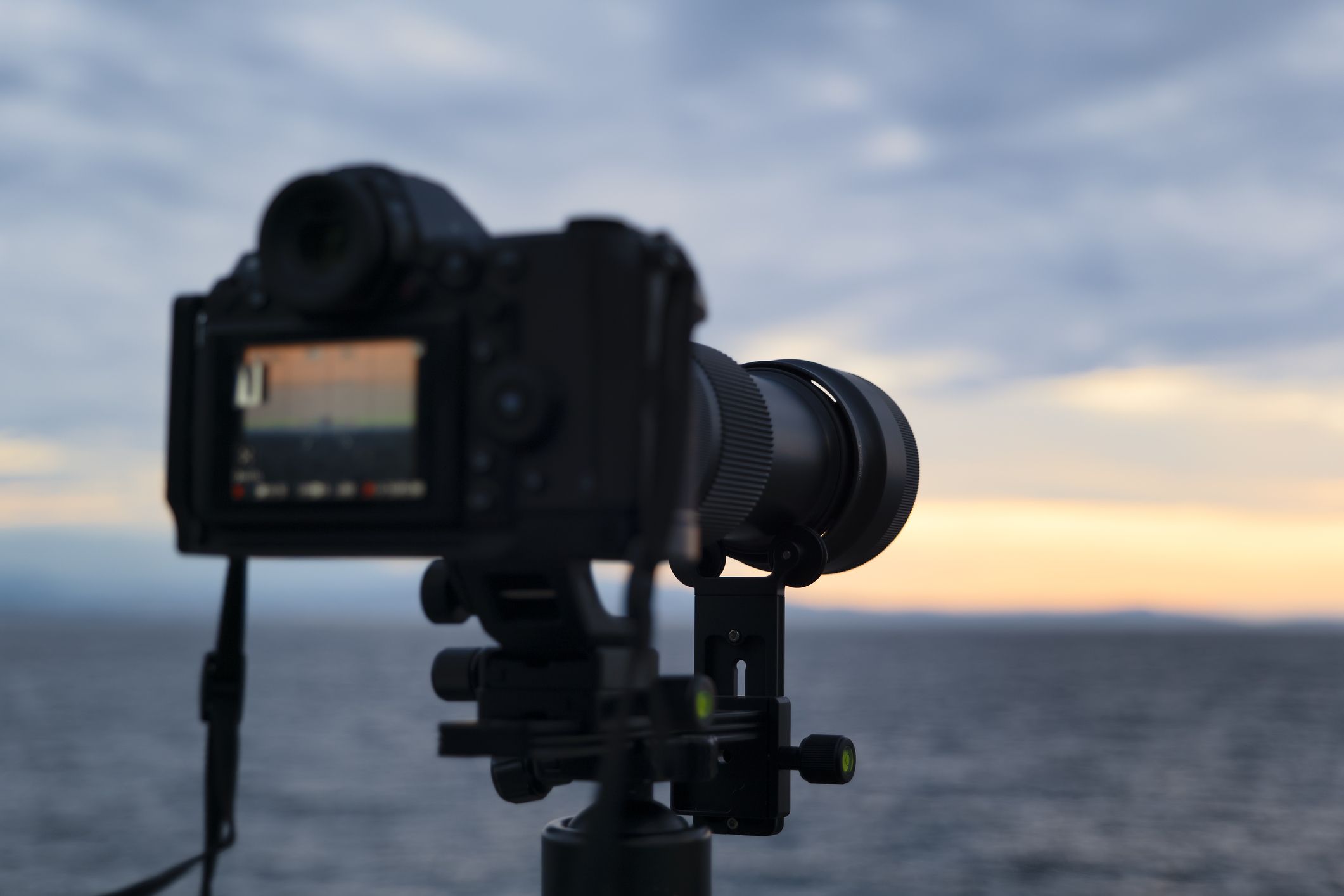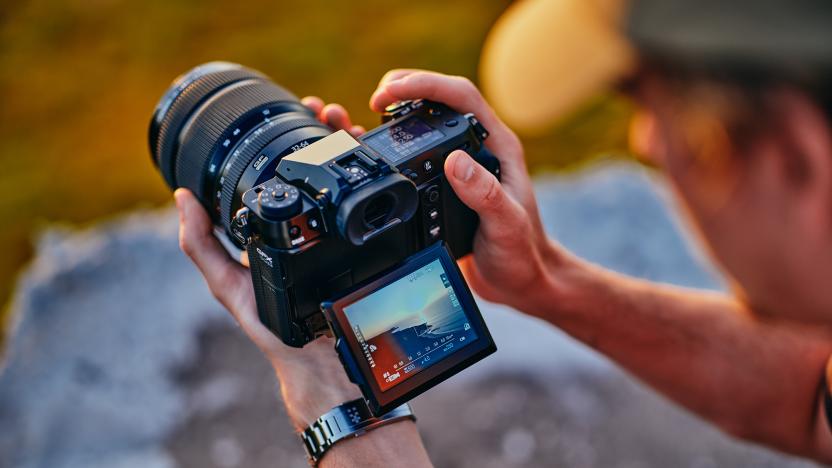Why Would I Want a Mirrorless Camera? Know the Top Reasons
In today's fast-evolving photography world, many professional photographers find themselves asking, why would i want a mirrorless camera? While the traditional DSLR has long been the go-to choice, mirrorless cameras are steadily gaining traction. But why make the switch? In this article, we will dive deep into the reasons that make mirrorless cameras a compelling option for professionals.

Introduction to Mirrorless Cameras
To start, let's understand what mirrorless cameras are. Essentially, these cameras differ from DSLRs by eliminating the reflex mirror mechanism, allowing for a more compact design. This leads to several advantages, making them a popular choice in modern photography.

Benefits of Mirrorless Cameras
Compact and Lightweight
Mirrorless cameras are well-known for their sleek and lightweight builds, making them ideal for travel and street photography. This is particularly beneficial for photographers who need to carry their gear over extended periods. Imagine not having to lug around bulky equipment, yet still producing high-quality images.
Advanced Autofocus Systems
Another strong point in the mirrorless camera's favor is its advanced autofocus system. Unlike DSLRs, which use phase detection and contrast detection based on the mirror mechanism, mirrorless cameras use on-sensor phase detection. This means more accurate and faster focusing even in low light conditions, which is a game-changer for event and sports photographers.
Silent Shooting
One feature that sets mirrorless cameras apart is their ability to shoot silently. This is excellent for scenarios requiring discretion, such as wildlife photography or quiet events like weddings. The absence of the mirror movement also reduces vibrations, resulting in sharper images.
Improved Image Quality
Mirrorless cameras often come with better image sensors and advanced technology, offering superior image quality. For professionals, this means more detailed, vibrant, and high-resolution photos that can cater to various client needs.
Electronic Viewfinder (EVF)
The Electronic Viewfinder (EVF) is an innovation in mirrorless cameras that allows photographers to see real-time exposure, white balance, and depth of field adjustments. This real-time feedback can dramatically streamline the shooting process, making it easier to get the shot right on the first try.

Comparing Mirrorless Cameras and DSLRs
While both camera types offer unique benefits, understanding the differences can help you make an informed choice. For a detailed comparison, check out this related article on Mirrorless vs DSLRs. Knowing the pros and cons of each can ensure that you choose the right tool for your specific needs.
Cost Considerations
Mirrorless cameras can be more expensive upfront due to their advanced technology. However, over time, the costs can balance out, especially considering their longevity and fewer mechanical parts that may wear out.
Battery Life
One drawback often cited is the battery life of mirrorless cameras compared to DSLRs. Since mirrorless models rely heavily on electronic components like the EVF and image sensor, they consume more energy. Fortunately, carrying extra batteries can easily mitigate this issue.

Things to Consider Before Switching
Lenses and Accessories
When switching to a mirrorless camera, it's crucial to consider the lens ecosystem. Some brands offer extensive lens options, while others might be limited. Transitioning from a DSLR may also mean investing in new lenses and accessories. To explore this further, read about Lenses and Accessories for Mirrorless Cameras.
Learning Curve
Moving to a new system can present a learning curve. While many features are intuitive, professionals might need time to get accustomed to the new interfaces and functionalities. However, the payoff in terms of enhanced capabilities is well worth the effort.
Success Stories and Use Cases
Portrait Photography
Professional portrait photographers have found significant advantages in using mirrorless cameras. The silent shooting mode is especially useful for capturing candid expressions without disturbing the subject.
Event Photography
Event photographers benefit from the fast and accurate autofocus and high-quality image sensors, which are critical for fluctuating lighting conditions and rapid movements.
Travel Photography
For those constantly on the move, the compact size and lightweight nature of mirrorless cameras make them the perfect travel companions. If you want to delve deeper into travel photography with mirrorless cameras, click here.
Conclusion: Is a Mirrorless Camera for You?
By now, you should have a clearer picture of why would i want a mirrorless camera. From their compact design and advanced autofocus systems to silent shooting capabilities and improved image quality, these cameras offer numerous advantages for professional photographers. The decision to switch ultimately depends on your specific needs and photography style.
FAQs
Q: Are mirrorless cameras better than DSLRs?
A: The choice between a mirrorless camera and a DSLR depends on your requirements. Mirrorless cameras offer advanced features and portability, while DSLRs often have longer battery life and a broader range of lens options.
Q: Is the image quality of mirrorless cameras superior?
A: Generally, mirrorless cameras feature advanced sensors and imaging technology, offering excellent image quality comparable to or even better than many DSLRs.
Q: Do mirrorless cameras have a shorter lifespan?
A: The lifespan of a camera depends on its usage and care, regardless of whether it's mirrorless or a DSLR. For more information, read this article on Camera Lifespan.
As an Amazon Associate, I earn from qualifying purchases.

